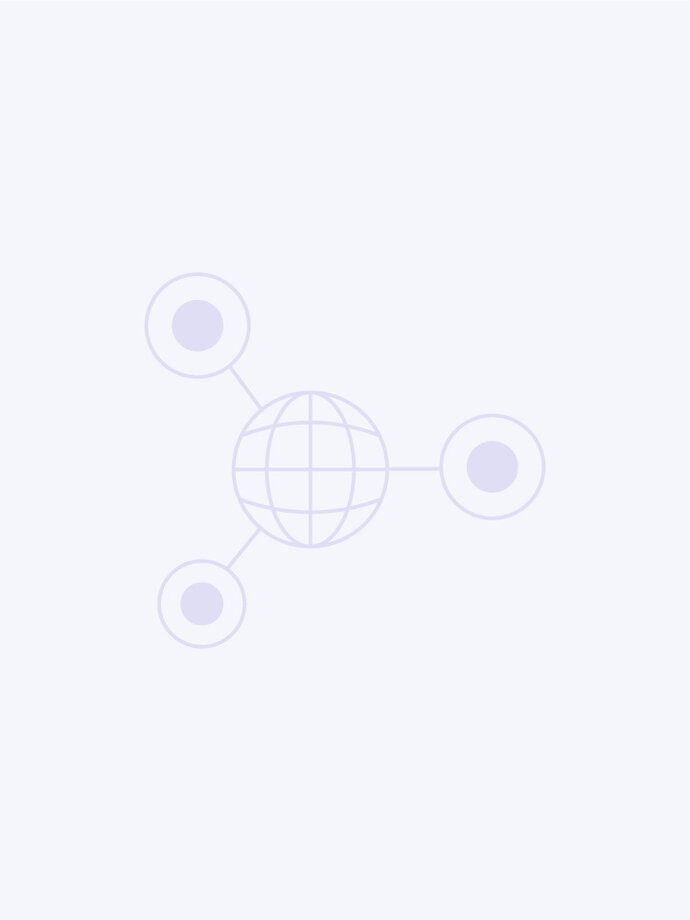
Dr
Ramesh Chandra
Rai
I am working as a research scientist at ICGEB-Emory Vaccine Center, New Delhi. My current focus is to understand host immune responses to Dengue and Chikungunya viruses and mapping as well as characterization of their T cell epitopes. I am trying to understand the generation and maintenance of memory response against Dengue as well as Chikungunya.
My earlier work was to understand how Mycobacterium regulates host glucose transporters for its survival benefits. We tried to understand the molecular mechanisms involved in the regulation of glucose transporters after Mycobacterium enters host cells and the signaling axes involved in this process.
I also tried to understand the role of inflammasomes in liver inflammation of the diabetic rats. We explored how NLRP3 activates the inflammatory response during type-2 diabetes.
Another study involved finding out host genes, which are important in mounting Th1 immune response over Th2 response. We screened kinome and G-protein coupled receptor genes of mouse. Our objectives were based on the fact that Th1 response of host immune system blocks Mycobacterium proliferation while Th2 dominant response supports it. Based on the cytokine profiles of stably infected dendritic cells with Mycobacterium, we looked into the role of these genes (by siRNA mediated silencing).
Towards my doctoral work I analyzed the role of mannosyltransferase genes in the GPI biosynthesis in C. albicans. We generated heterozygous and conditional null mutants of first and third mannosyltransferase of the GPI anchor biosynthetic pathway of C. albicans. The conditional null mutant for the first mannosyltransferase (CaGPI14) showed severe growth and cell wall defect, have tendency to clump together and susceptible to chemical inhibitors of many biosynthetic pathways of physiological relevance. These mutants were also defective in hyphal morphogenesis and showed activated cell wall integrity response pathway.
A: India has become endemic to Dengue in recent past and growing Chikungunya cases are also posing serious threat to human health. There is no vaccines to these viral diseases neither we have any treatment. After Dengue virus infections, humans manifest a spectrum of outcome from asymptomatic infections to mild and in some cases severe disease. Similarly in Chikungunya infections, there is a range of outcome with symptoms ranging from short term to life long issues (arthritis). Host immune responses to these viral diseases in paediatric patients are not well understood and there is an urgent need to study this.
(i) I will study the innate and adaptive immune response during Dengue and Chikungunya infections in children for the purpose of developing/ improving diagnostics and vaccine candidates.
(ii) I will characterise the T helper and cytotoxic T cells to understand the central and effector memory responses to these viruses.
(iii) To understand the humoral response, I would study the dynamics of generation and maintenance of B cell response during infections by these viruses. This will help in making strategy to improve the T and B cell memory responses for better protection from the pathogen.
B: Type I and type II interferons play crucial role in modulating host immune response during viral infections. They regulate expression of several antiviral genes. I will study how interferon inducible genes play their role during Dengue and Chikungunya virus infections.
(i) Study mechanistic details about how interferon inducible genes (ISGs, IFIs, IFITMs) play their inhibitory role during viral infections.
(ii) How these genes modulate inflammatory and immune response in general to prevent the viral pathogenesis.